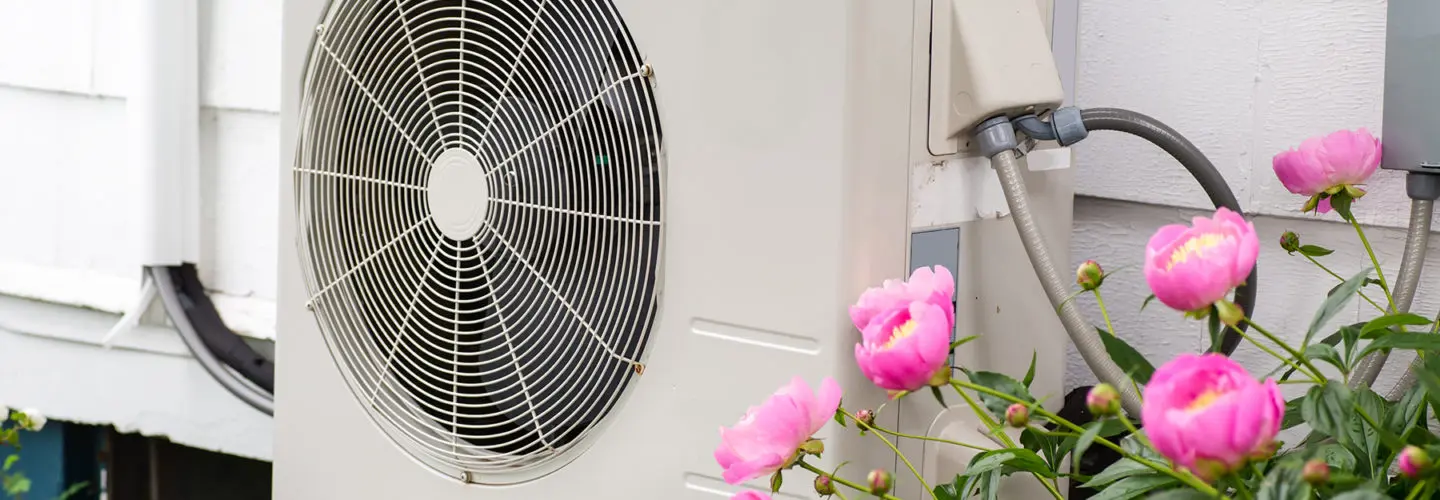I-Team: Homeowners Experience Long Delays Getting Promised Mass Save Rebates For Heat Pumps
BOSTON (CBS) — John Semas is thrilled with his new energy-efficient heat pumps he installed in his Norfolk home back in 2020. “I love it. It’s a great system,” he said.
Semas says the new system saves him hundreds of dollars a month on his heating and cooling costs.
Michael Kozuch installed heat pumps in his Provincetown condo to help reduce his carbon footprint and to add air conditioning, which he didn’t have before. “It’s extremely efficient. The cooling and heating works perfectly,” Kozuch said.
Heat pumps work by pulling heat from the outside air and using that energy to heat the home. It works in reverse during the summer to pull heat out of the home, keeping the living space cool. It’s all one system and can easily be retrofitted to work with your current heating system, even if you don’t have air conditioning.
Heat pump technology has been around for a while, but in recent years, it’s been improved to pull heat out of the air in colder climates, even when temperatures dip below freezing. The systems use a small amount of electricity to operate.
“A heat pump is probably the biggest thing that consumers can do to help fight the climate crisis,” explained Amy Boyd, Director of Policy at the environmental group Acadia Center, which holds a seat on the Massachusetts Energy Efficiency Advisory Council.
According to Boyd, switching a home from oil heat to full electric using heat pumps is the equivalent of taking 12 cars off the road. That’s why the state set a goal of converting 100,000 homes a year to reduce green-house gas emissions by 2030 and reach carbon neutrality by 2050.
To reach these goals, the state is depending on homeowners getting millions of dollars in rebates offered by Mass Save. It’s a program run by the utilities, but you pay for it.
“It’s money that comes from a portion of the delivery charge on all of our electric and gas bills,” Boyd explained.
But Kozuch spent more than six months trying to get his rebate of $250 for his $3,000 heat pump.
“The rebate was part of the incentive. It helped make that final decision,” said Kozuch. “It’s frustrating.”
Semas’ system was much larger (more than $25,000), so his rebate was also larger. He spent over a year trying to get his money from Mass Save.
“Just shy of $6,000,” Semas said. “It ended up being complete chaos and disorganization.”
That’s a problem, according to Boyd, who explained that Mass Save just submitted a new three-year plan to the state that includes millions in new incentives for heat pumps.
“If it’s proving difficult for people to actually receive rebates, then we need to fix that administrative system,” she said.
When the I-Team reached out to Mass Save, a spokesperson said the following:
Energy efficiency is the most valuable tool that customers have to save money and reduce energy use, and we’re committed to providing an even more robust array of solutions while helping the Commonwealth achieve its goal of net-zero greenhouse gas emissions by 2050 through our recently filed 2022-2024 plan. This plan also reflects the Mass Save Sponsor’s ongoing effort to improve the customer experience, including significant investments to promote heat pump adoption by raising customer awareness and understanding of clean technologies, offering one-on-one technical consultations, introducing helpful heat pump resources like our Heating Comparison Calculator, and building a residential Heat Pump Installer Network that will connect customers with qualified contractors who are experienced and trained to design heat pump systems.
Semas said that his customer experience was terrible, and he didn’t get all of his money until the I-Team reached out to Mass Save. “To think a homeowner can just carry that cost until someone from the news gets involved is not realistic,” he said.
So far, Mass Save is way behind on its goal of converting 100,000 homes a year.
The Massachusetts Attorney General tells us they also received a number of complaints about the Mass Save program.
The state is expected to approve Mass Save’s new three-year plan in January.
Read the full article at CBS Boston here.




















Follow us